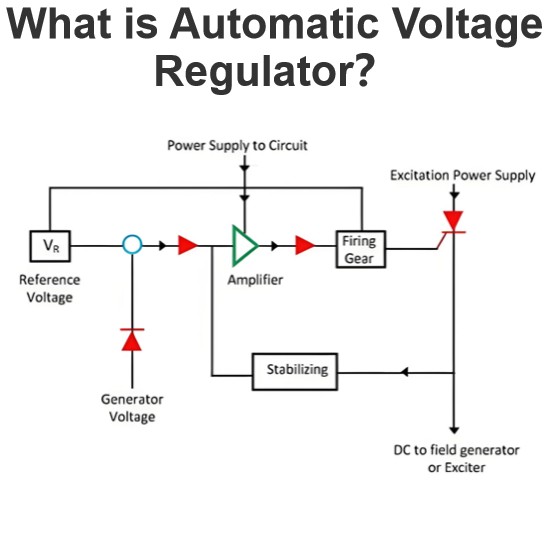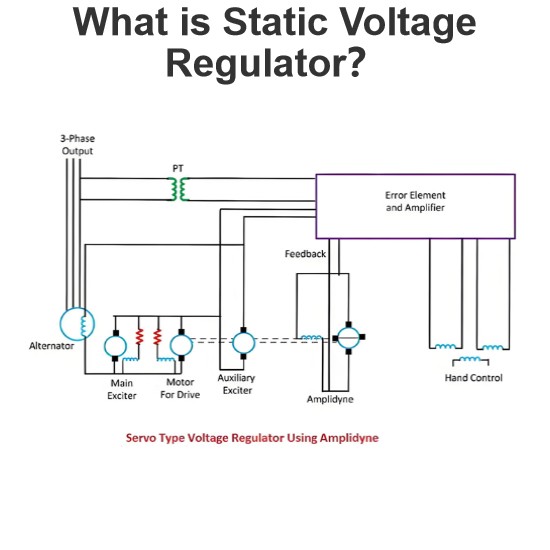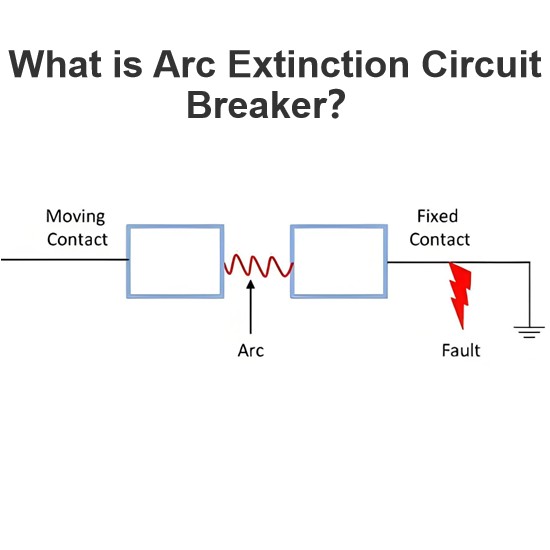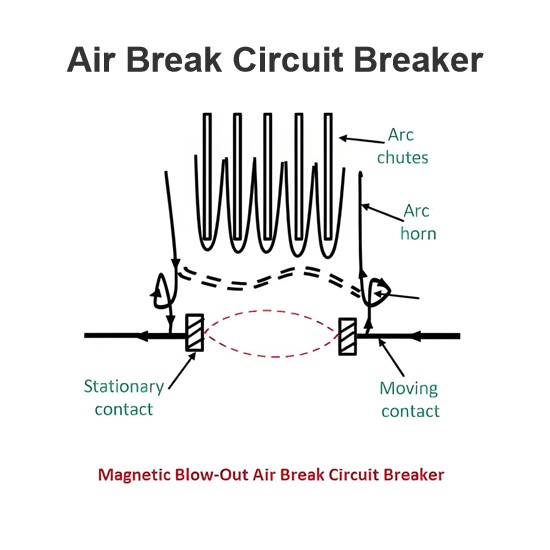What is Capacitive Sensor?
What is Capacitive Sensor?
Capacitive sensor definition
Capacitive sensor is a kind of sensor based on capacitance change to detect the change of physical quantity.
Working principle
The working principle of capacitive sensors is based on the definition formula of capacitance:

C is capacitance.
ϵ is the permittivity of the medium.
A is the effective area between the plates.
d is the distance between the two plates.
Capacitive sensors detect changes in physical quantities by changing one or more of these three parameters. Specifically, the output capacitance C of the capacitive sensor will change with the change of the physical quantity to be measured, so as to achieve the detection function.
Type
Variable-area type
Type variable clearance
Variable dielectric constant type
Advantage
High sensitivity: Can detect small changes in physical quantities.
Fast response time: Very short response time to change.
Simple structure: usually composed of a simple metal plate or foil.
Non-contact measurement: can not directly contact the measurement under the condition of object to be tested.
Wear resistance: no moving parts, not easy to wear.
Shortcoming
Temperature effect: Temperature changes affect the dielectric constant of the medium, which affects the accuracy of the sensor.
Nonlinear: Some types of capacitive sensors have nonlinear problems.
Interfere with sensitive, vulnerable to electromagnetic interference of surrounding environment.
The Electricity Encyclopedia is dedicated to accelerating the dissemination and application of electricity knowledge and adding impetus to the development and innovation of the electricity industry.













